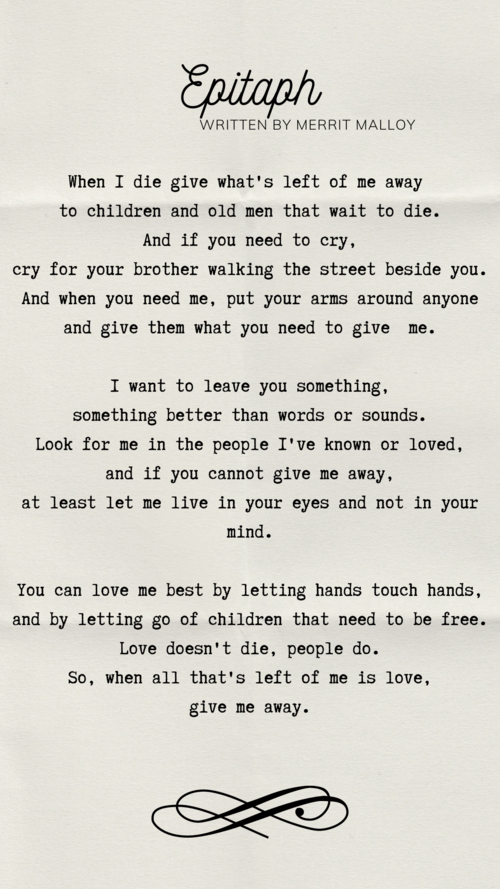Cemetery Information
Cemetery Information and Resources for Mourners
Jewish customs surrounding death, burial, and mourning are designed to comfort the mourner and honor the most precious gift of all — life. Whether you have an immediate need or would like to plan for the future, we are here to help. We maintain four cemeteries and offer both traditional plots, as well as mausoleum space.
Following are links to resources you may find helpful at this time:
Sol Levinson & Bros. — Baltimore’s premier Jewish Funeral Home and monument provider
Tegeler Monument Co. — Helping families for more than five generations
The Union for Reform Judaism’s Beliefs and Practices on Death & Mourning
Cemetery Locations
Har Sinai – Oheb Shalom Congregation has four cemeteries. Each of our predecessor congregations established a historic cemetery inside Baltimore City, and each also opened a suburban cemetery in northern Baltimore County.
| Har Sinai — Erdman Avenue 3279 Erdman Avenue Baltimore (City), MD 21213 link to written directions link to Google Maps |
Oheb Shalom — O'Donnell Street 6130 O'Donnell Street Baltimore (City), MD 21224 link to written directions link to Google Maps |
| Har Sinai — Garrison Forest 11405 Garrison Forest Road Owings Mills, MD 21117 link to written directions link to Google Maps |
Oheb Shalom — Berrymans 30 Berrymans Lane Reisterstown, MD 21136 link to written directions link to Google Maps |
Wed, November 19 2025
28 Cheshvan 5786
Contact
HSOSC Cemetery committee chairs:
Walt Tegeler, (410) 944-0300
Sam Dansicker, (443) 829-1912
You Are Not Alone
Har Sinai – Oheb Shalom Congregation is a caring community. If you are going through a difficult time, we are here to listen and to help.
Please click here for more information on our unique Shleimut program, run by a licensed clinical social worker who is part of the synagogue staff. Our Shleimut program can help you find the right resources to help you.
The Caring Hands Committee of Har Sinai – Oheb Shalom Congregation is dedicated to reaching out to our Temple community to make them feel cared about, supported, and valued. During normal times, while family members are at the funeral, we stay at a house of mourning to accept food deliveries and set up the food; we also organize food trains for people who are ill. In addition, to let shut-in members know that they’re thought of, we call them regularly. Learn More



